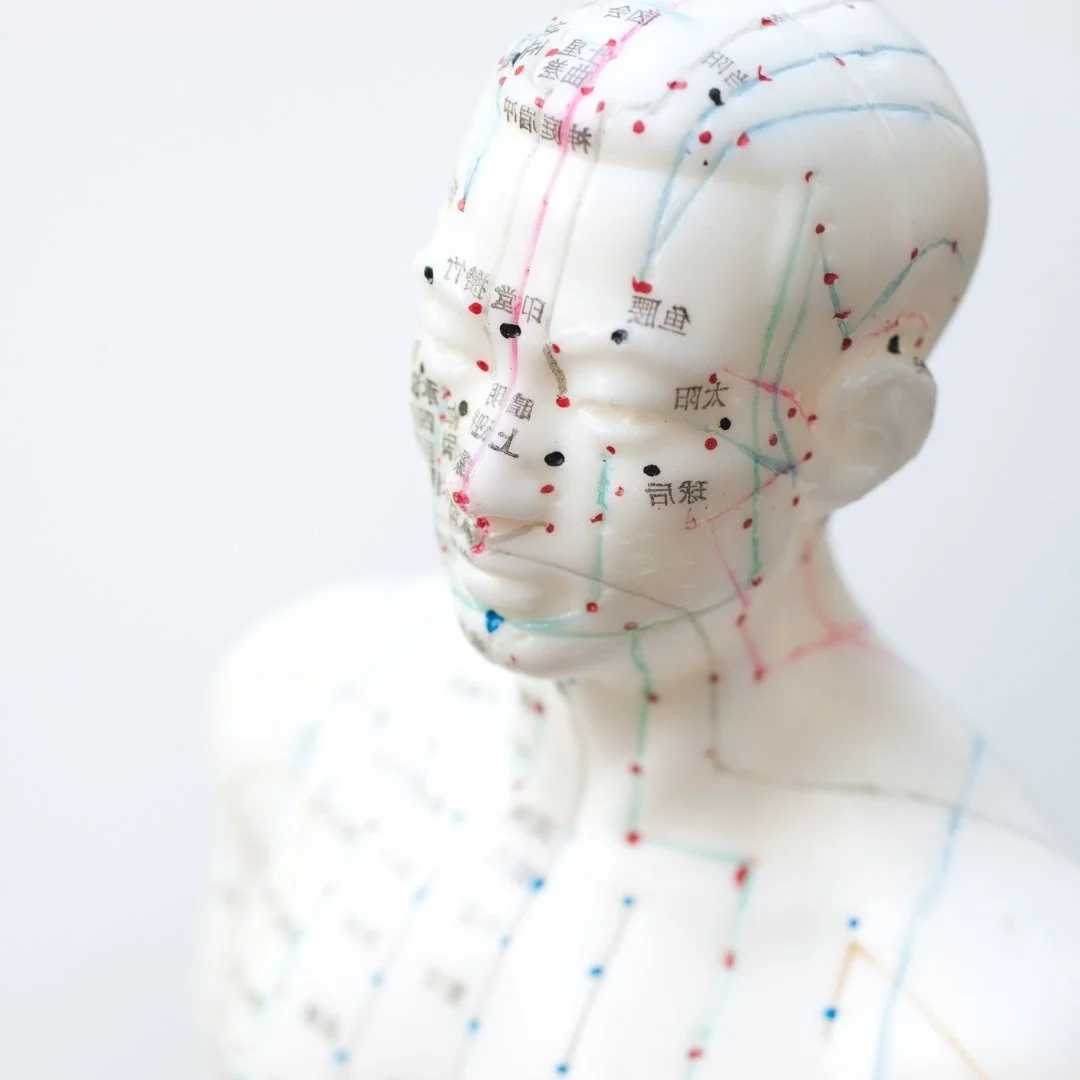
Just Injured — What Now?
Caring for your brain starts before an injury ever happens.
Whether you’re skiing, biking, skating, or just living your day-to-day life, small choices can make a big difference. This page is here to help you learn simple ways to protect your brain, strengthen healthy habits, and feel confident in the steps you take. Even if you’ve never had a concussion, understanding how to care for your brain now can help you stay safe and strong later on.
Concussion 101
Protecting your brain starts with simple choices. The right equipment and small daily habits can help prevent serious injuries before they happen. This section shares practical ways to stay safe, whether you’re on the mountain, the road, or just out having fun.
-
A concussion is a mild traumatic brain injury (TBI) caused by a bump, blow, or jolt to the head or body that causes the brain to move quickly inside the skull. It can affect how your brain functions temporarily and may cause physical, emotional, and cognitive symptoms.
-
Knowing the SIGNALS of a concussion could save you or a friends life.
S – Sleep Disruption
Trouble falling or staying asleep, or sleeping more than usual
I – Irritability & Mood Changes
Increased emotional sensitivity, mood swings, or frustration
G – Gut Symptoms
Nausea, vomiting, or stomach discomfort
N – Neuro Fog & Dizziness
Foggy thinking, disorientation, or balance issues
A – Attention & Memory Problems
Difficulty focusing, forgetfulness, or confusion
L – Light Sensitivity & Headaches
Discomfort with lights, loud sounds, or persistent headaches
S – Serious Signs
Vision changes or loss of consciousness (rare but important)
-
CALL 911 OR TAKE TO THE EMERGENCY ROOM RIGHT AWAY
One pupil larger than the other
Excessive drowsiness or inability to wake up
A headache that gets worse or does not go away
Slurred speech, weakness, numbness
Repeated vomiting or nausea
Convulsions or seizures
Unusual behavior like restlessness or agitation
Loss of consciousness (passed out/knocked out)
If you witness a head injury, do not try to evaluate it yourself. Always seek care from a medical professional.
Brain Health
Your brain is the control center of everything you do, thinking, moving, feeling, and resting. Caring for it through healthy routines helps you feel more balanced and focused every day. Here you’ll find simple, realistic ways to keep your brain strong and supported.
-
Your brain is mostly water — and when you’re dehydrated, it can’t think, react, or recover as well. Keep a water bottle nearby and take small sips throughout the day. It doesn’t have to be perfect — consistency is what counts!
[Take a Water Break] -
Sleep is the body’s natural reset button. It’s when your brain organizes information, repairs itself, and stores energy for tomorrow. Create a simple nighttime routine: dim lights, stretch, or listen to calm music to help signal rest.
-
Food is fuel for your brain.
Feed Your Brain: Add fish, nuts, leafy greens, and colorful fruits — the natural brain boosters.
Watch for Triggers: Processed foods, caffeine, or too much sugar can increase inflammation or trigger headaches.
Start small — one healthy swap at a time.
[Download the Concussion Cookbook]
Tracking and Awareness Tools
Your brain and body are deeply connected. When you calm your body, your brain feels safer and when your brain feels safe, it can heal and function better! These tools are gentle ways to help you find calm, ease tension, and support your nervous system.
-
Stretch gently, take a walk outside, or listen to quiet music. These moments of calm send powerful messages to your nervous system: “You’re safe.”
-
Meditation doesn’t have to mean silence or sitting still, it’s simply paying attention to the present moment. Try guided audio, light stretching, or just three deep breaths.
Early Management
The more you know about brain health, the better you can protect yourself and the people you love! This section offers clear, trustworthy information about concussions, prevention, and what to do if an injury happens all in one place.
-
The first few days after an injury are about rest and protection.
Give your brain a break: minimize screens, loud environments, and strenuous activity.
Sleep is okay, let your body heal.
Stay hydrated and eat nourishing foods.
Ask someone to check on you, especially in the first 24–48 hours.
-
Talk early and often about safety. Make helmets and honesty about symptoms normal, not optional.
-
Keep our guide handy — it explains symptoms, red flags, and early steps in clear, simple language.
[Download the Concussion Guide] -
Looking out for one another is the heart of prevention!
If you see someone take a hit or fall, check in. Ask, “Are you okay?” and watch for signs like dizziness, confusion, or fatigue. Sometimes a simple question can be the start of saving someone’s future.
Explore More Resources
Wherever you are in your journey, there’s more here to help you keep learning and healing.
You can keep exploring by visiting:
Just Injured — What Now? to learn the first steps after a concussion.
On the Road to Recovery for tips and tools that support healing.
Living With Lasting Symptoms if you’re managing long-term effects.
Supporting Loved Ones to help someone else through their recovery.
You don’t have to go through this alone — take your time, explore what feels helpful, and know that every page here was made with care for you.
The information provided here is intended for educational and awareness purposes only. It is not medical advice and should not be used to diagnose or treat any condition. Every brain injury is unique, and recovery looks different for everyone. If you believe you may have a concussion or traumatic brain injury, please seek care from a qualified medical provider who can evaluate your individual needs.




